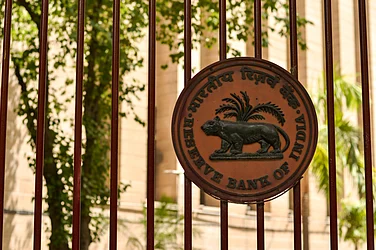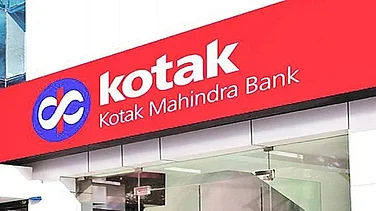Indian banking system is undergoing a paradigm shift with mergers and introduction of newer technologies. In an interview to Outlook Money, Gaurav Arora, Head of Region, Asia Pacific & Middle East of Greenwich Associates revealed that bank merger and advent of technology into the sector will increase efficiency manifold thereby benefitting the customers.

1. How are bank mergers going to change the banking scenario in India?
Bank mergers, especially in the PSU bank space have become a necessity, rather than a “want”. As the banking sector consolidates, we would eventually end up with large-scale players, which will heighten the ability for the banking system to absorb external/internal shocks as well as compete effectively. With mergers, it also provides opportunities for banks to tighten governance and to implement cost efficiency measures to a certain extent, that is, rationalise corporate structure/costs. Even though complexity of the organisation grows with scale, it also becomes easier for banks to invest in critical elements like technology, which will lead to greater efficiencies.
2. How is AI going to shift banking perspective in the coming days?
AI is increasingly becoming critical in wholesale/corporate banking. It is primarily used to drive “Automation”, in order to ease major pain points such as human error, manual collection/reporting process and fraudulent transactions. It will have an impact across:
i. Front office: AI being deployed for predictive, hyper-customised, real-time insights for buy-side
ii. Middle office: Analytics and automated insights in payments; Digitisation of credit and KYC processes
iii. Back office: Supporting digitisation of on boarding/account opening; Improving self-service for corporate clients as buy-side increasingly demands unique and relevant data assets to understand gaps
As AI transforms corporate banking services and lifts the bar for excellence, expectations of the future banker will also likely rise. This has implications on how banks and bankers will interact and service clients going forward.
3. How prepared is India to embrace technology in the wholesale banking space?
There is clear recognition by corporates in India that emerging technologies have potential to improve processes, remove redundant tasks and add value to the business, however, adoption rates are still low. Per our reports, most common concerns cited are around ‘security’ and ‘internal compliance’. As this is an evolutionary journey, it is expected that adoption rates rise gradually, rather than in a ‘big-bang’ manner. With respect to preparedness, in the last 10 years, the infrastructure and payment systems in India have improved considerably, which really sets up the foundation for ‘digitisation and digitalisation’.
Having said that, on the trade front, there is opportunity to harmonise and standardise norms in order to digitize the highly manual/paper-heavy industry. India needs to continue investment in infrastructure to support the oncoming change, as there have been instances of large-scale rollouts that had a lot of teething issues upfront.
4. Does more technology means lot of job loss in banking sector in India?
As technology adoption increases across the banking sector, there will be roles that will be better executed through use of technology, thereby, increasing efficiency and reducing the risk of human error. Though some of the traditional roles in banking will be eliminated, it will also lead to creation of “non-traditional” opportunities across the different layers in the banking organisation, that is,. technologies/data scientists combined with credit/back office personnel. It will be important for banks to initiate adequate “re-skilling” programs for existing employees as traditional banking experience coupled with training on new skill-sets can be the key to long term success of banking organisations.
5. What will it take for India to become a fully digital economy?
India has taken a lot of key steps in building the foundation towards digitisation. In order to progress faster on the digital agenda, all players within the eco-system (regulator, banks, corporates, SMEs, tech providers) have to move together in terms of proliferation and adoption.
With the different economies around the world evolve along the maturity path of being “digital”, India is well on the path of being “digital-led” as there are no real examples of a fully digital economy. As there are very few “use-cases” around the world, it will also be important to tread carefully in order to assess the various risks, systemic or secular.































